YPQA Pilot Promising Practices - Skill Building at Western Addition Beacon Center
Through their history, Beacons have served as learning labs to test the next great idea for kids - project-based learning, ladders of leadership, social group work, and more. This year, in partnership with the SF Department of Children, Youth, and Their Families, the Beacon Initiative has been piloting a new quality assessment system at all 8 Beacon Centers - the David P. Weikart Center's Youth Program Quality Assessment tool. The YPQA process includes external assessments done by outside observers of the program as well as internal self-assessment where staff observe and assess each other's activities. The tool is closely aligned with best practices of youth development, and the assessment process helps staff identify which practices to target for improvement. In turn, Beacon directors and staff collaborate to develop innovative, effective, field-building professional development that helps youth thrive.At the Western Addition Beacon Center, located at John Muir Elementary School, one area for improvement was to clearly link every activity to a learning objective. Below is a snapshot of how WABC accomplished this, by not only incorporating a new practice for staff but following through to determine its effectiveness and institutionalize the practice. To download a PDF of this promising practice, click here. Thanks to WABC for sharing!
YPQA Promising Practices – Western Addition Beacon CenterYPQA DOMAIN: Skill-BuildingIMPROVEMENT GOAL: Learning focus linked to activityPRACTICE DETAILS: Our goal was to ensure that every activity was clearly linked to learning focus or outcome goal. According to the YPQA tool, this is the first step in the learning process; for youth to understand what they are going to learn and how they are going to learn it. It is also another method to ensure that we are actively working on our second improvement goal; planning. In order for the link to be made, the instructor has to have a clear objective for the implementation of the activity, what skills will be improved, and why this learning objective is important.Our approach to the YPQA tool is to create an atmosphere of observation and consistent improvement; to achieve this we include our entire staff in the process. Each week in our staff meetings we discuss whatever YPQA goal we are attempting to improve; we go through the tool so that everyone has a clear understanding of what quality in this area looks like. Next, a weekly rotating member of the staff conducts observations for the week and does a share out at the following meeting; we stay on that goal until every staff member has the opportunity to observe and share. From there, we brainstorm tangibles that we can try to ensure that the practice is being regularly implemented. One method that we have used are "got caught" tickets that staff members can earn from either their peers or members of the supervision team. Every two weeks, the person with the most "got caught" tickets earns some form of prize like lunch or the opportunity to come in late/leave early one day on the following week.IMPACT SO FAR: Staff morale around YPQA tool has increased; staff have more intentional lesson plans and activities; students are able to better understand and communicate how and why certain activities are done, as well as, what they gained from participating in the activity.For more information, contact:LaSaundra OwensWestern Addition BeaconLOwens@ymcasf.netPhone: (415)749-2714

